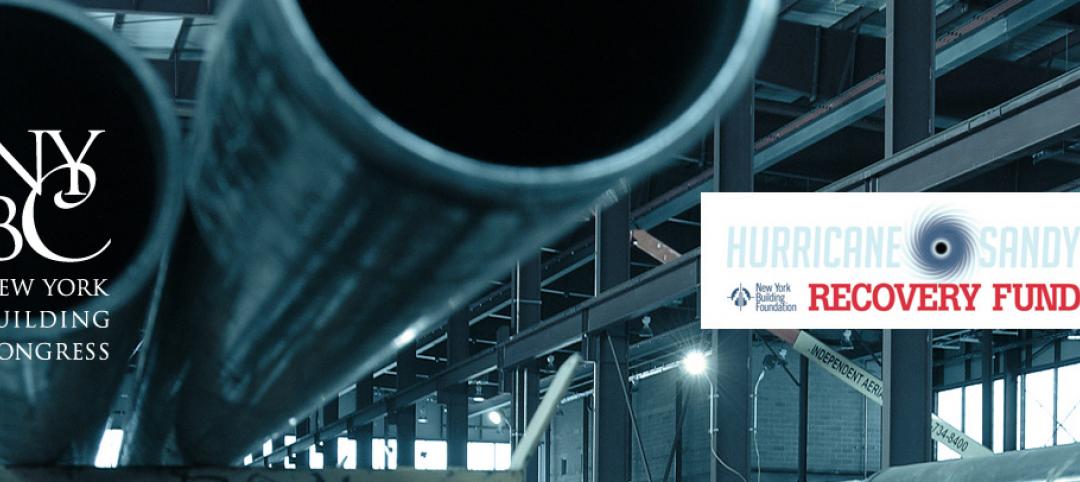The Inflation Reduction Act of 2022, recently passed by the U.S. Senate, sets aside over $5 billion for low carbon procurement in the built environment.
The policies in the bill aim to drive aggressive emissions reductions by 2030 within the building sector by incentivizing the use of low-carbon, clean materials for public infrastructure projects. Direct investments and tax credits will facilitate deep industrial decarbonization, with the potential to reduce over 200 million metric tons of carbon dioxide emissions annually by 2030.
Provisions in the bill include:
- $250 million for Environmental Product Declarations Assistance to support the development and standardization of EPDs for construction materials with grants and technical assistance to manufacturers.
- $100 million for Low-Embodied Carbon Labeling for Construction Materials to identify and label low-carbon materials and products for federally funded transportation and building projects.
- $2.15 billion for Use of Low-Carbon Buildings to specify and install low-embodied carbon materials and products for use in General Services Administration-owned buildings.
- $2 billion for Low-Carbon Transportation Grants that reimburse and incentivize the use of low-carbon materials and products for Federal Highway Administration projects.
- $4 billion for Improving Climate Resilience of Affordable Housing for funding to improve energy or water efficiency, indoor air quality and/or sustainability of projects, and implement low-carbon technologies, materials, and products to improve climate resiliency in affordable housing.
- FEMA Building Materials Program providing financial assistance for the use of low-carbon materials and incentives that encourage low-carbon and net-zero energy projects.
Related Stories
| Jan 8, 2013
Congress passes Drywall Safety Act
Congress recently passed the Drywall Safety Act; President Barack Obama is expected to sign it soon.
| Jan 4, 2013
AGC economist says "fiscal cliff" deal will give construction a boost
The deal in Congress to avoid going over the so-called fiscal cliff "should encourage many businesses to go ahead with projects they have held in reserve," said Ken Simonson, chief economist of the Associated General Contractors of America.
| Dec 27, 2012
New York City law tracking building energy use yields surprises
A legally mandated report that tracks the energy use of New York City's largest buildings provides details about which buildings are achieving higher-than-expected energy efficiency, such as the Chrysler and Empire State buildings, as well as those that are performing poorly.
| Dec 27, 2012
New Jersey considers green roof mandate for state buildings
The New Jersey legislature is considering a bill that would require installation of green or blue roofs on state buildings that are at least 15,000 sf.
| Dec 13, 2012
So-called fiscal cliff is already affecting construction jobs, AGC finds
In November, the construction industry shed 20,000 jobs and its unemployment rate reached 12.2%, according to an analysis by the Associated General Contractors of America.
| Dec 13, 2012
New York City poised to enact recycling mandate for multi-family dwellings
New York City lags behind other large cities in recycling with only 15% of residential trash being recycled. A new bill passed by the City Council aims to improve the rate by changing how new apartment buildings are constructed.
| Nov 29, 2012
New York contractors say they will pay tax despite a court ruling that the tax is unconstitutional
The New York Building Congress says it will voluntarily pay a tax declared unconstitutional by the courts because, it says, the money is vital to maintaining the city’s transportation infrastructure.
| Nov 26, 2012
Minnesota law to spur development, job creation produced few jobs
Legislation that allowed local governments to direct excess property tax dollars from tax-increment financing districts into other private developments was supposed to kick-start construction hiring in Minnesota.
| Nov 16, 2012
Voters approve fewer construction ballot measures in 2012 than in 2008
Voters passed fewer ballot measures related to construction projects this year than they did in 2008, according to an analysis by the Associated General Contractors of America.















